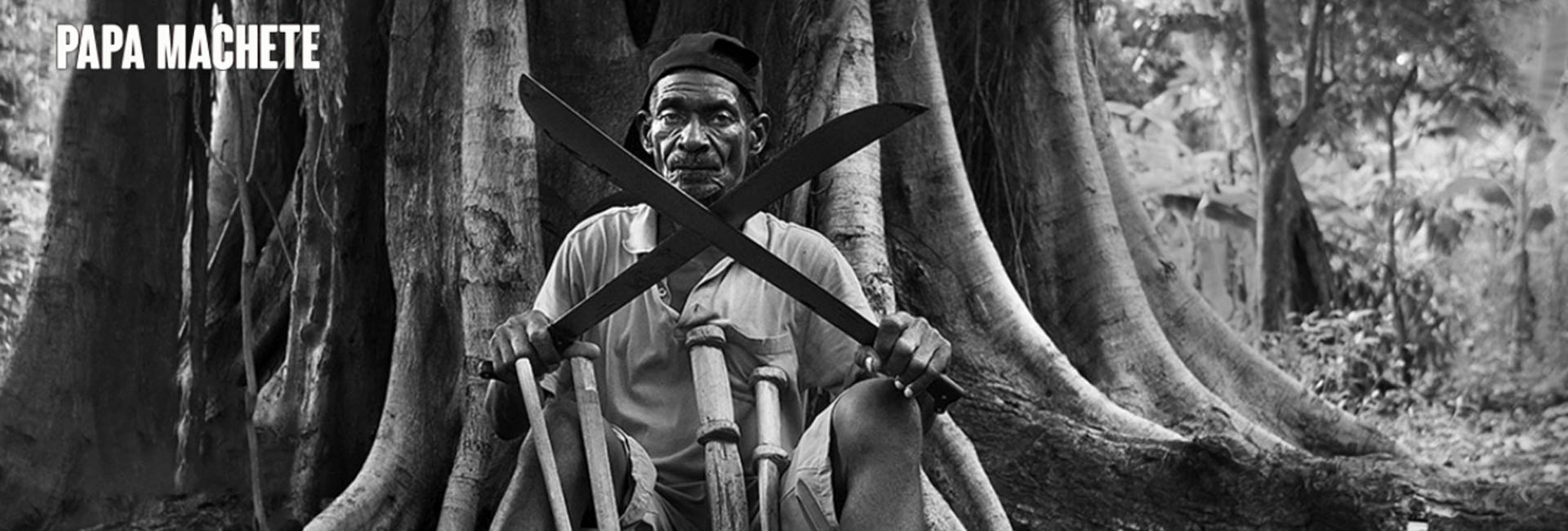

A unique website featuring peer-reviewed Caribbean scholarship is letting that knowledge be shared worldwide.
Like plump berries dropping from a tree, the dots bounce onto a map of the world on the Anthurium website.
Powered by Google Analytics, each dot indicates where someone around the globe just downloaded a scholarly paper.

The peer-reviewed online Caribbean studies journal is fruitful—dropping more than 27,000 downloads in the past year and some 121,000 downloads since University of Miami Professor Emerita Sandra Pouchet Paquet created it in 2003.
In doing so, she connected branches of knowledge that allowed Caribbean literary scholarship to flow freely, for the first time, around the world.
In academic institutions across the United States, early Caribbean scholarship found its platform within the fledgling African-American studies programs of the 1970s and early 1980s.
“And yet there were aspects of Afro- and Indo-Caribbean culture that were not easily expressed through the critical discourses of African-American studies, largely because of rapidly changing social and political landscapes in the Caribbean during the early 1980s,” Patricia Saunders, Anthurium editor and UM associate professor of english in the College of Arts and Sciences, writes in a recent Small Axe article about the role of journals in concretizing spaces for emerging fields of study.
About the Photo
The short film Papa Machete is a glimpse into the life of Alfred Avril, an aging subsistence farmer who lives in the hills of Jacmel, Haiti, and also is a master of the mysterious martial art of Haitian machete fencing, also known as Tire Machèt. Anthurium features critical works of Caribbean literature, art, culture, theater and film, such as Papa Machete, as a way to promote lively exchange of diverse perspectives on and from the Caribbean.
Join the Conversation:
Follow on
Twitter:
UM College of Arts and Sciences, @UMCAS
University of
Miami, @univmiami
UM News, @univmiaminews
Small Axe was launched in Jamaica in 1997 as a journal for critical conversations about intellectual and political life in the Caribbean. Six years later, Anthurium became the first U.S.-based journal dedicated entirely to Caribbean literature.
Over the past 14 years, Anthurium has been “instrumental in positioning Caribbean literary studies as a field of scholarly inquiry capable of standing on its own, while engaging in critical dialogues with the larger area of black diaspora literary studies,” Saunders writes.
And as one of the first journals in the humanities to go out on a limb with open-access publishing, Anthurium opened doors for scholars in developing countries who can’t afford fee-based subscriptions to participate in global conversations about the Caribbean with new knowledge coming from the Caribbean.
It also further positioned the University of Miami’s College of Arts and Sciences as a hub for this hemispheric information exchange.
The University’s national renown in Caribbean studies dates back to 1992, when it hired Pouchet Paquet as director of the Caribbean Writers Summer Institute and one of the first faculty Caribbeanists in the United States.
The summer institute ended in 1996, but the partnership established between the University of Miami and Caribbean academic institutions paved the way for conferences and symposia hosted at the University and for two-way student exchange.
Today the English Department’s Caribbean Literary and Cultural Studies Program has joined Caribbean-focused working groups in other departments to become a new interdisciplinary collaborative research area—Hemispheric Caribbean Studies housed in the University of Miami Institute for the Advanced Study of the Americas.
While interdisciplinary collaboration among the University’s Caribbeanists has been taking place for years, the formation of Hemispheric Caribbean Studies provides a formal structure that will help guide progress.
And, says Saunders, it also “maintains the gravitas of what we’ve created over the last 20 years.”
- MEREDITH CAMEL / UM News
